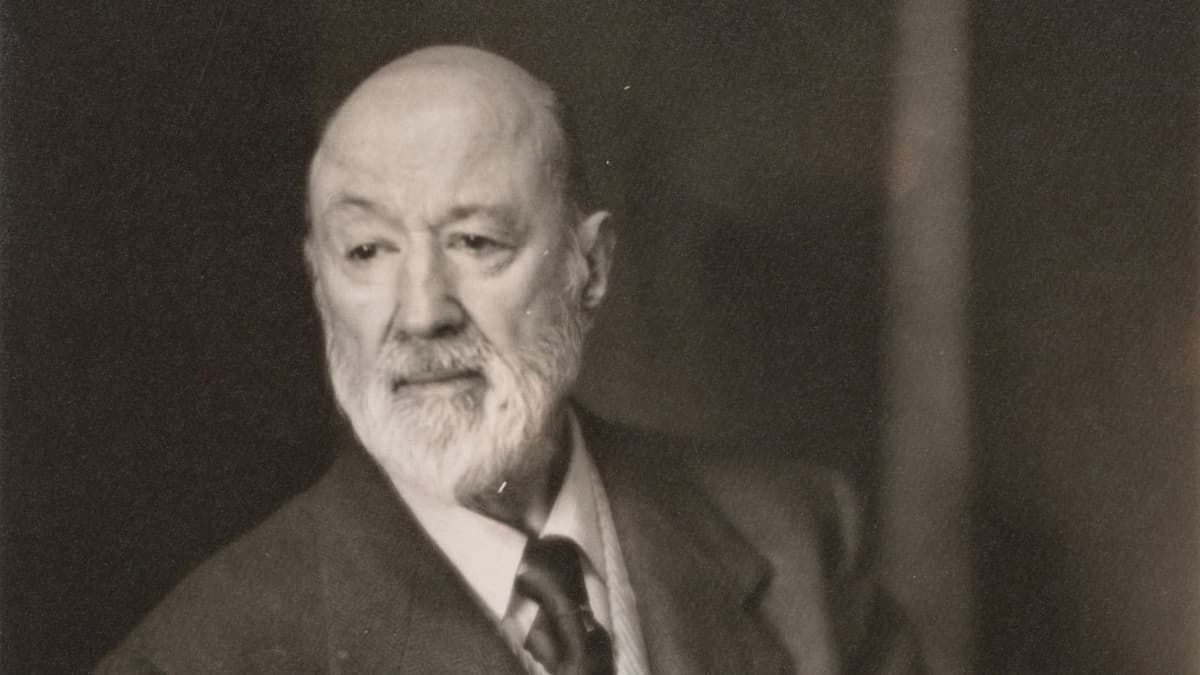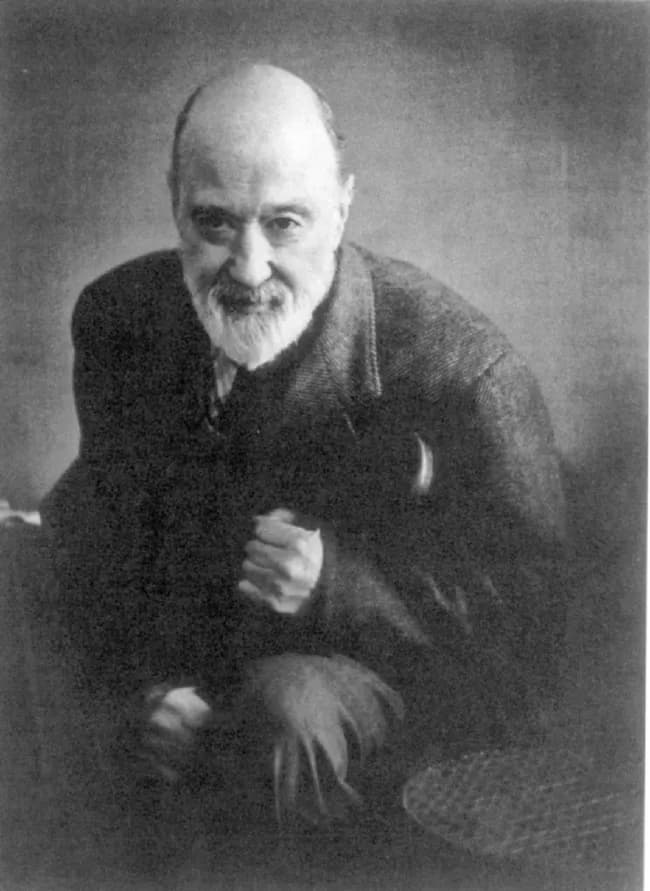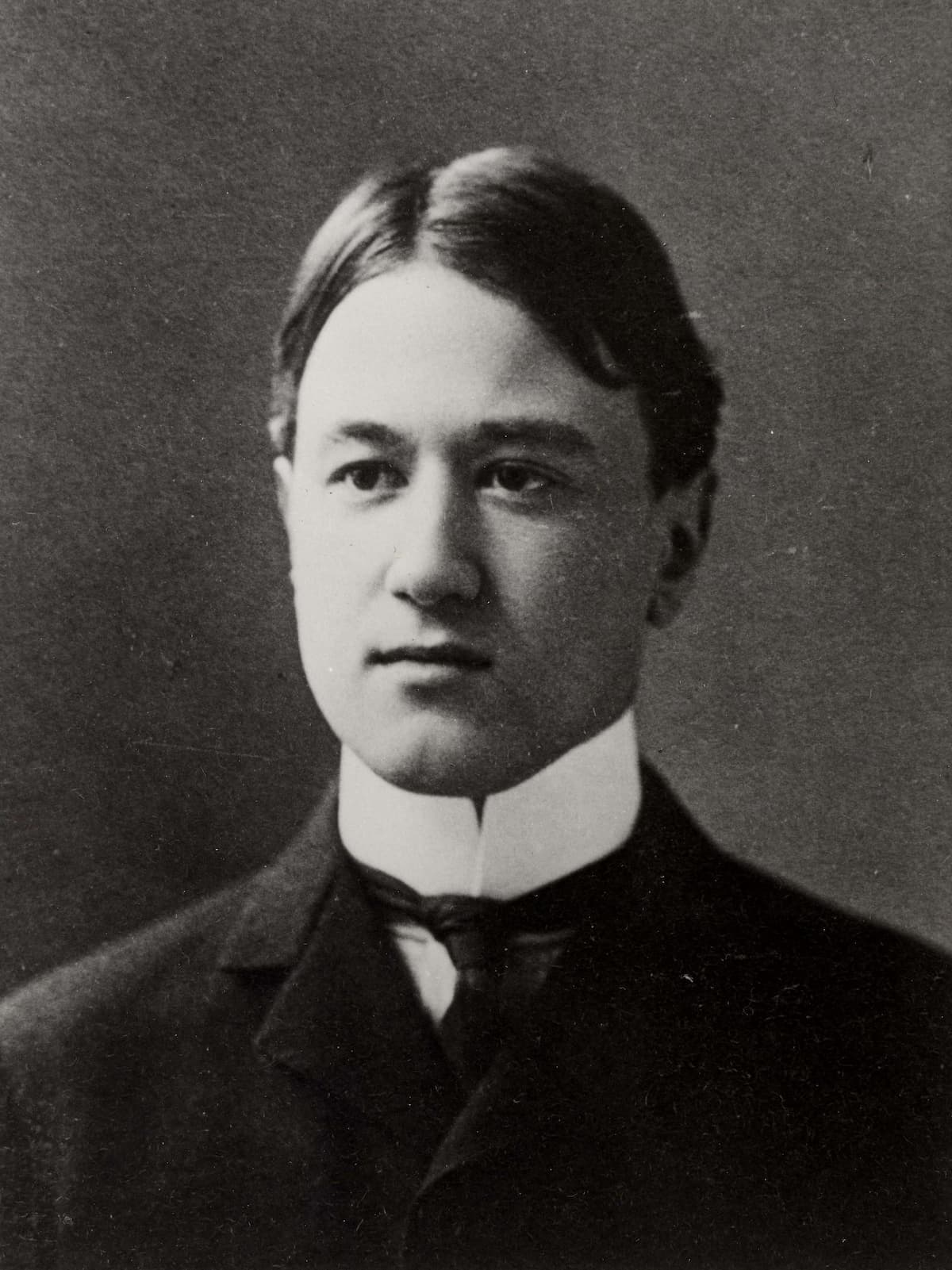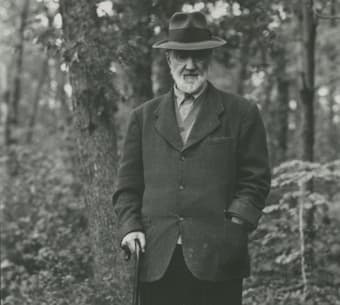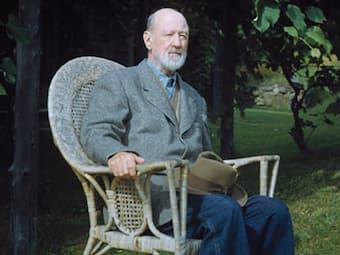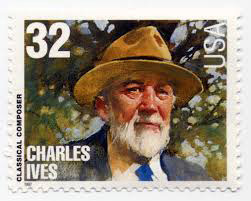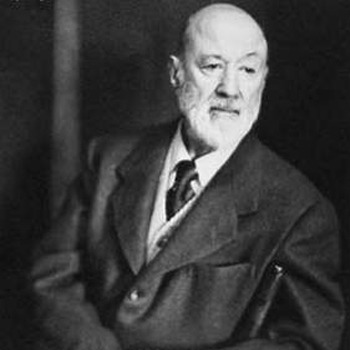150 years ago, on 20 October 1874, the leading American composer of art music of the early 20th century, Charles Edward Ives, was born in Danbury, Connecticut. Ives was a unique figure as he remained an amateur throughout his mature,
Ives
American composer Charles Ives (1874–1954) was one of the most original of America’s composers. For one thing, he had a very successful day job in the insurance business, and his early work in the business led to the basics behind
Charles Ives’ wonderfully named Calcium Light Night started its life as a piece for piccolo, clarinet, cornet, trombone, bass drum, and four pianists on two pianos. It depicts traditional fraternity parades on the campus of Yale University, which Ives attended
This has to be one of the most tantalising ‘What Ifs’ in musical history. In 1911, at the end of his tenure with the New York Philharmonic and only months before his death, Gustav Mahler visited the office of Tams
The Ives family, prominently active in business, civic improvement and social causes, resided in Danbury, Connecticut. Charles Ives was born there on 20 October 1874 to George Edward Ives and his wife Mary Elizabeth Parmelee-Ives. George Ives was a U.S.
The American composer Charles Ives has often been associated with experimental music, or rather advanced music. One does not simply immerse himself in the academic music world through him. Indeed, his works include polytonality, polyrhythm, tone clusters, aleatory elements and
With his father the most influential musician in the Danbury Connecticut region, it’s no wonder that Charles Ives started his musical education at an early age. While his father hoped that Charles would pursue a career as a concert pianist,
Charles Ives (October 20, 1874 – May 19, 1954) is a composer whose music is still difficult for us to grasp and whose vision for music far exceeded that of his contemporaries. His music seems to be as strongly tied

